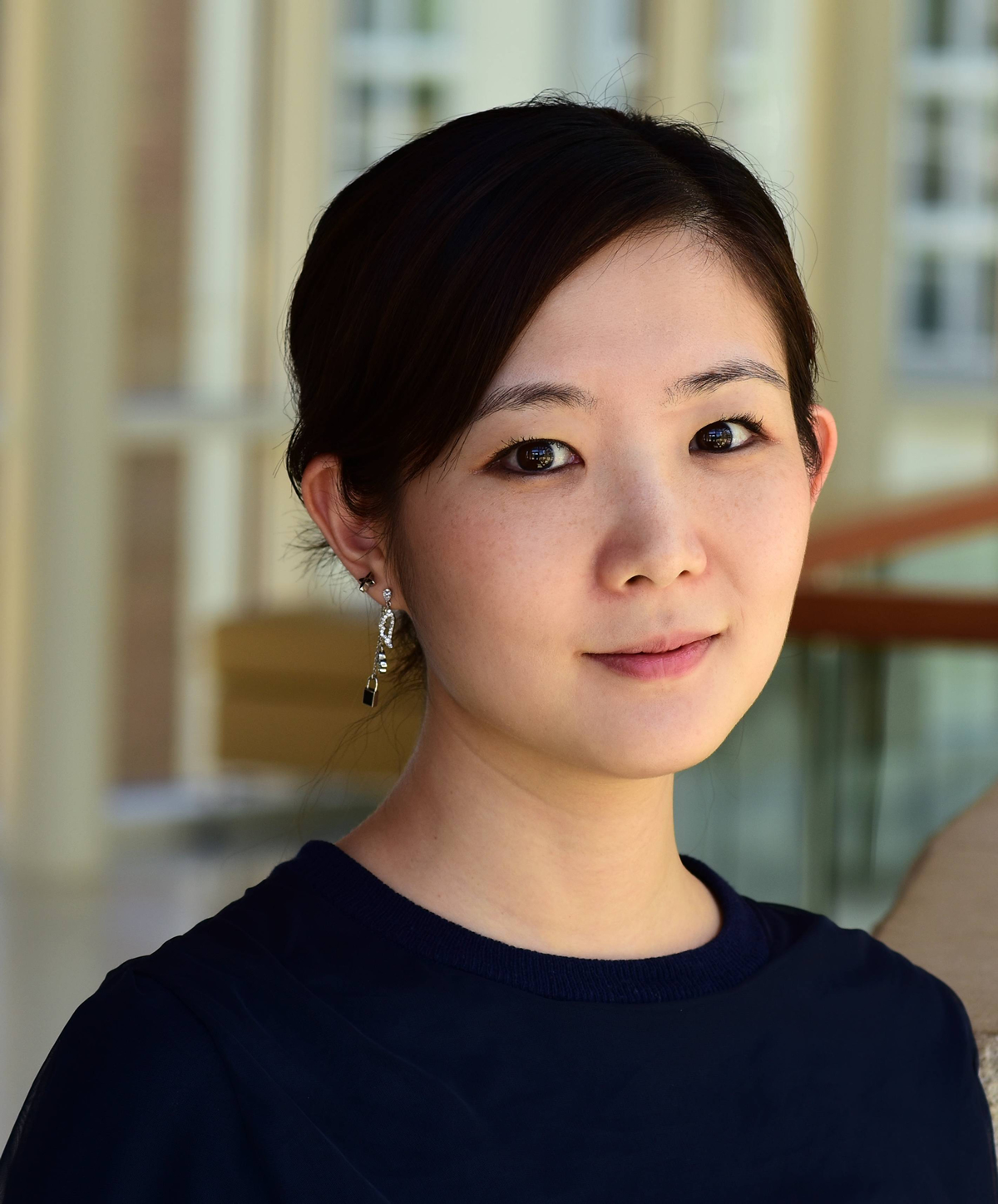

On May 3, 2024, a paper co-authored by Associate Professor Yujin Woo of the Graduate School of Social Data Science, titled “Political Regimes and Refugee Entries: The Preferences and Decisions of Displaced Persons and Host Governments,” was published in International Studies Quarterly. In this paper, Professor Woo focuses on the domestic political systems of host countries to analyze the factors driving refugee movements. The paper argues that the acceptance of refugees is determined by the political regime, which shapes the incentives of both the host government and the refugees. Specifically, the paper theorizes that there is an inverted U-shaped relationship between the type of political regime and the number of refugees accepted. For instance, in authoritarian regimes, the number of incoming refugees is lower because refugees are unwilling to take the high risks associated with living under such uncertain conditions. Similarly, in democratic regimes, the influx of refugees is also limited due to the democratic constraints imposed on the host government, resulting in a concentration of refugees in non-democratic regimes. The paper employs a global dataset and conducts a series of statistical analyses, finding strong evidence not only of a correlation between political regimes and refugee movements but also supporting the theoretical predictions regarding the preferences of host governments and refugees that underpin this relationship.
